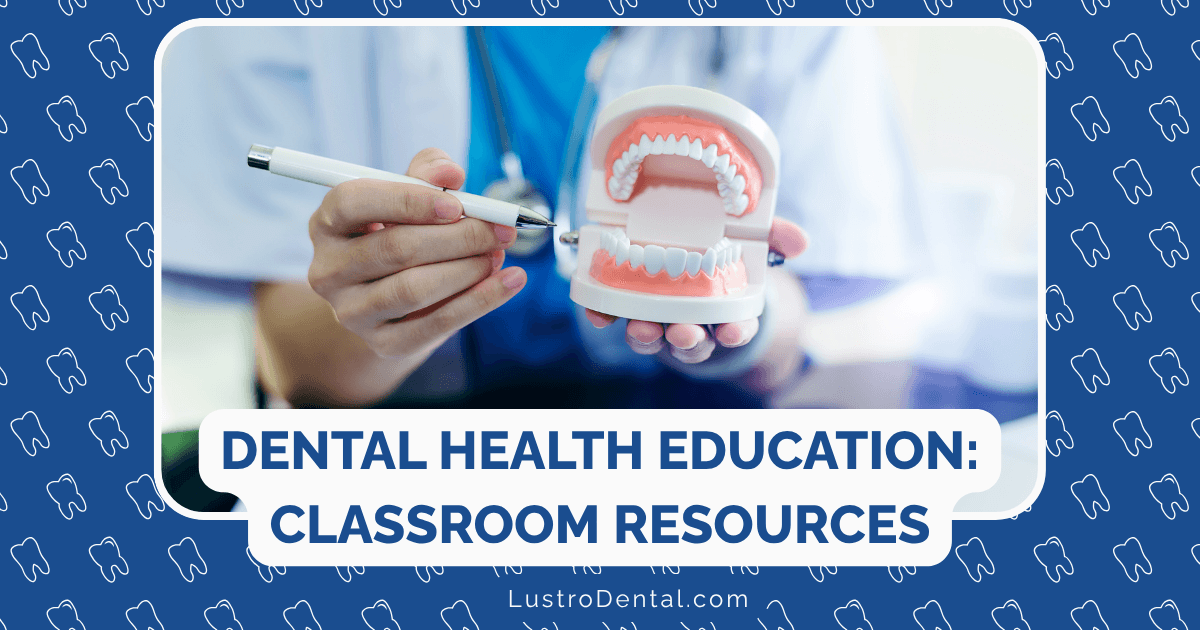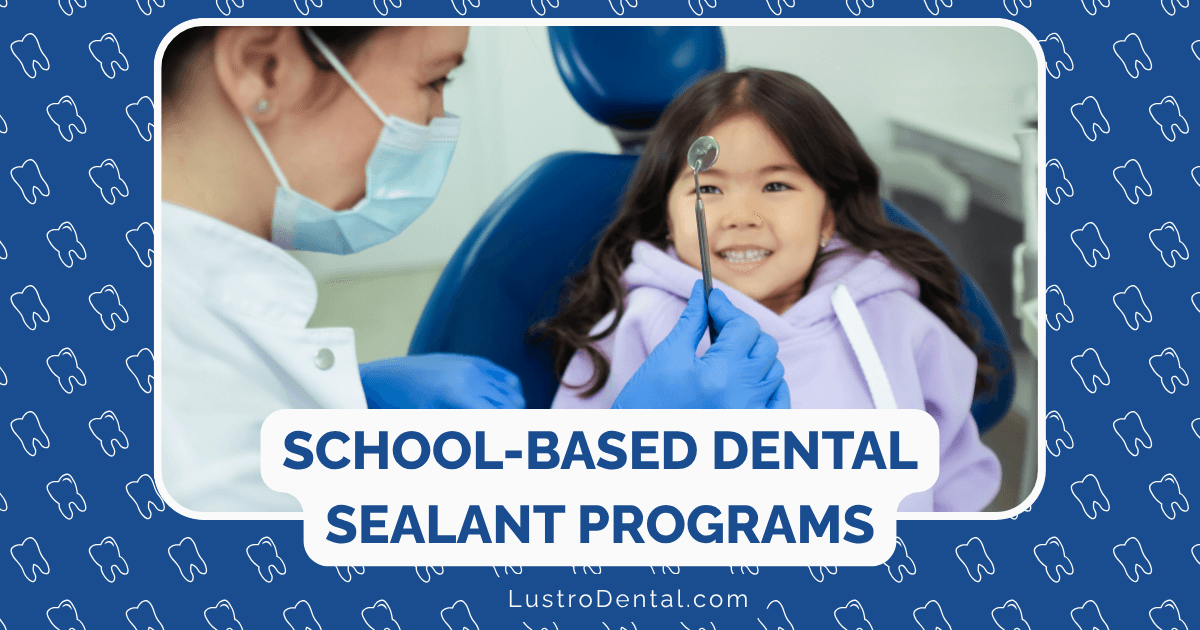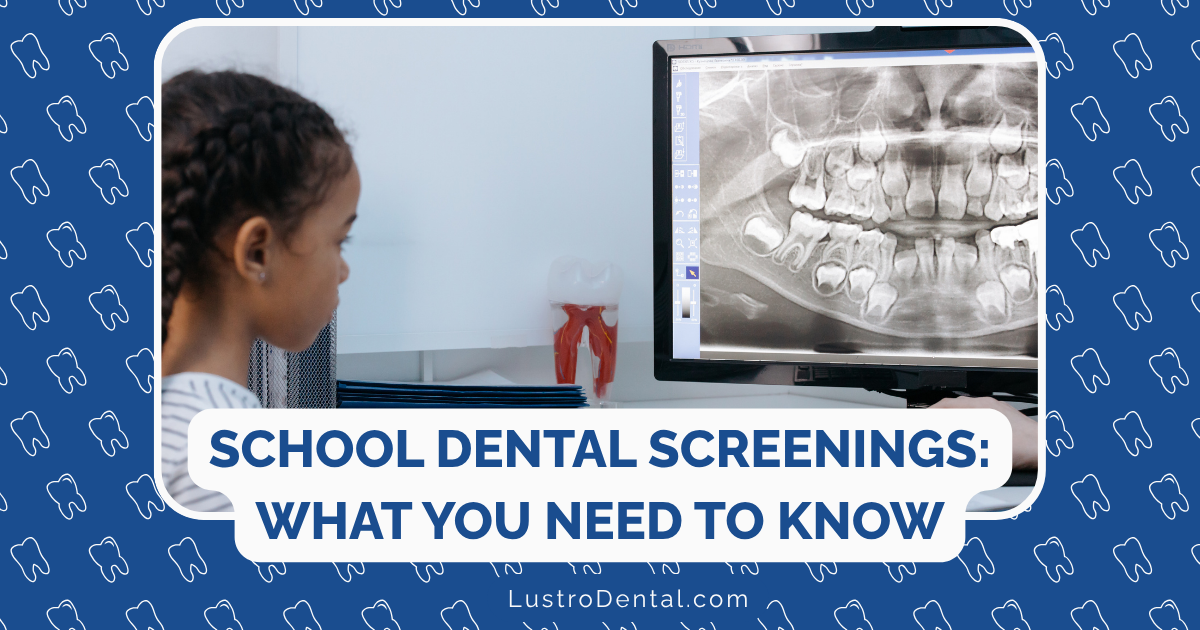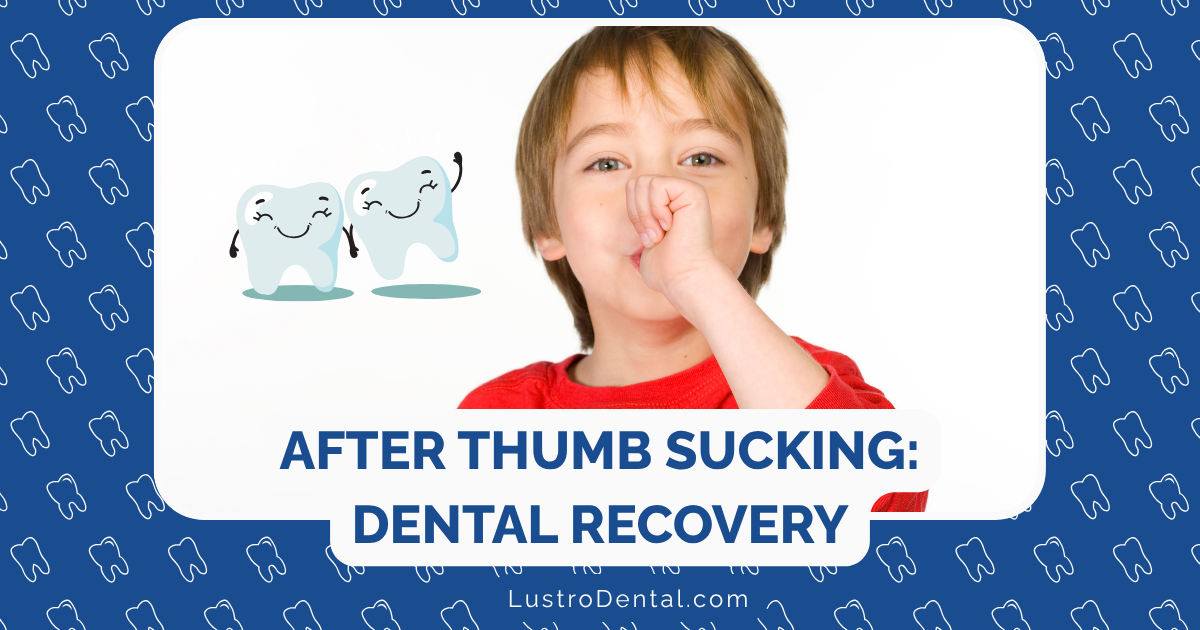The Ideal Age for a First Dental Visit: Why Earlier Is Better

As a parent, you’re faced with countless decisions about your child’s health and development. Among these, determining when to schedule that first dental visit might seem less urgent than other milestones—but timing matters more than you might think.
For years, conventional wisdom suggested waiting until a child had several teeth or even until preschool age before seeing a dentist. However, modern pediatric dentistry has shifted dramatically toward earlier intervention, and for good reason. Let’s explore why that first dental visit should happen sooner rather than later, and how this simple decision can set the foundation for a lifetime of healthy smiles.
The Expert Consensus: First Tooth, First Birthday
Both the American Academy of Pediatric Dentistry (AAPD) and the American Dental Association (ADA) now recommend that children see a dentist by age 1 or within 6 months after their first tooth erupts—whichever comes first.
This recommendation may surprise many parents. After all, why take a baby with just one or two teeth to the dentist? The answer lies in understanding that dental care is about much more than just fixing problems—it’s about preventing them before they start.
Dr. Maria Cordero, a pediatric dentist with 15 years of experience, explains: “Those early visits might seem premature, but they establish what we call a ‘dental home’—a continuous relationship between the dentist and your child that includes all aspects of oral health delivered in a comprehensive, accessible, and family-centered way.”
Why Earlier Is Truly Better: The Benefits of Early Dental Visits
1. Preventing Early Childhood Caries
Early childhood caries (ECC)—formerly known as “baby bottle tooth decay“—is the most common chronic childhood disease, affecting more than 40% of children by kindergarten age according to the Centers for Disease Control and Prevention.
What many parents don’t realize is how quickly tooth decay can progress in baby teeth. Their enamel is thinner than that of permanent teeth, making them more vulnerable to cavities. A small spot can rapidly develop into a serious problem that affects eating, speaking, and overall health.
Early dental visits allow dentists to:
- Identify early signs of decay before they become cavities
- Apply preventive treatments like fluoride varnish
- Provide guidance on diet and feeding practices that reduce decay risk
A study published in Pediatrics found that children who had their first dental visit before age 1 had 40% lower dental costs over their first five years compared to children who didn’t see a dentist until later—primarily due to the preventive benefits of early care.
2. Monitoring Growth and Development
Your child’s mouth changes rapidly during the first few years of life. Early dental visits allow the dentist to:
- Track the eruption pattern of baby teeth
- Monitor jaw development
- Identify potential orthodontic issues early
- Assess tongue and lip function
- Detect developmental abnormalities that might affect speech or feeding
Dr. James Wilson of the Stanford Children’s Health notes: “We can often spot subtle developmental issues at 12-18 months that, if addressed early, can prevent more significant problems later. This might include identifying a tongue-tie that could affect speech or recognizing early signs of crowding that might benefit from growth guidance.”
3. Building a Positive Dental Relationship
Perhaps one of the most valuable benefits of early dental visits is psychological. Children who begin dental visits early—before they need treatment for problems—typically develop much healthier attitudes toward dental care.
Research shows that dental anxiety often stems from a negative first experience or from picking up on a parent’s dental fears. By contrast, children whose first several dental visits are positive, preventive experiences tend to view dental care as a normal, non-threatening part of life.
These early visits are typically short, gentle, and focused on familiarization rather than extensive treatment. The dentist might:
- Count your child’s teeth
- Demonstrate proper cleaning techniques
- Let your child explore some of the less intimidating dental tools
- Make the dental chair go up and down
- Give a small prize for cooperation
This gradual introduction builds trust and comfort that can last a lifetime.
4. Educating Parents on Proper Oral Care
Early dental visits aren’t just about examining your child—they’re equally about educating you as a parent. Many first-time parents have questions about:
- How to properly clean infant gums and teeth
- When to start using toothpaste and how much to use
- How to handle teething discomfort
- The impact of pacifiers, thumb-sucking, and bottles on dental development
- When to transition from bottles to cups
- Which foods and drinks pose the greatest risk to developing teeth
A pediatric dentist can provide evidence-based guidance tailored to your child’s specific needs and development. This personalized education is invaluable and often prevents common problems before they start.
What to Expect at That First Visit
Many parents hesitate to schedule early dental visits because they’re unsure what to expect or worry their child won’t cooperate. Understanding the typical format of a first visit can ease these concerns.
The “Knee-to-Knee” Exam
For very young children, dentists often use a technique called the “knee-to-knee” examination:
- You and the dentist sit facing each other with knees touching
- Your child sits on your lap, facing you
- Your child then leans back with their head in the dentist’s lap
- This position allows the dentist to examine while your child can still see and be comforted by you
This approach is quick, gentle, and minimizes anxiety for both parent and child.
A Typical First Visit Includes:
- A thorough but gentle examination of your child’s existing teeth, gums, jaw, bite, and oral tissues
- Gentle cleaning if needed and age-appropriate
- Demonstration of proper cleaning techniques specific to your child’s development
- Discussion of fluoride needs based on your water supply and other factors
- Nutritional guidance to prevent decay
- Evaluation of habits like pacifier use or thumb-sucking
- Discussion of developmental milestones to expect in the coming months
The entire appointment typically lasts 30-45 minutes, with much of that time devoted to parent education and answering questions.
Preparing Your Child (and Yourself) for the First Visit
Setting the stage for a positive experience begins before you even arrive at the dental office:
For Your Child:
- Read children’s books about dental visits in the days leading up to the appointment
- Use positive, simple language like “The dentist is going to count your teeth and make sure they’re strong”
- Avoid using words like “hurt,” “pain,” or “shot” even in reassuring contexts
- Schedule appointments during times when your child is typically well-rested and cooperative
- Bring a comfort item like a favorite stuffed animal or blanket
For Parents:
- Complete paperwork in advance if possible
- Make a list of questions you want to ask
- Be aware of your own dental anxiety and how it might transfer to your child
- Prepare to discuss your child’s health history, habits, and development
- Remember that some fussiness is normal and won’t phase an experienced pediatric dentist
The Long-Term Impact: Setting the Foundation for Lifelong Health
The benefits of early dental visits extend far beyond childhood. Research has consistently shown that children who receive early preventive dental care are more likely to:
- Maintain regular dental visits throughout life
- Have fewer dental emergencies and missed school days due to dental problems
- Experience less dental anxiety as adults
- Have better overall oral health outcomes
- Understand the connection between oral health and general health
Dr. Emily Chen of the American Academy of Pediatrics notes: “We’re increasingly recognizing that oral health isn’t separate from overall health—it’s an integral component. Early dental care is a key piece of comprehensive well-child care.”
Taking the First Step
If your child already has teeth but hasn’t yet seen a dentist, don’t worry about having missed some arbitrary window. The best time to schedule that first visit is now. Many pediatric dental practices welcome new patients of all ages and will meet your child wherever they are in their dental journey.
When selecting a dentist for your child, consider:
- Practices that specialize in pediatric dentistry
- Office environments designed to be child-friendly
- Staff experienced in working with young children
- Recommendations from other parents or your pediatrician
- Convenient location and hours that work with your schedule
Remember, that first dental visit is about more than just checking teeth—it’s about establishing a foundation for a lifetime of healthy smiles. By starting early, you’re giving your child one of the best gifts possible: the habits, knowledge, and comfort needed for lifelong oral health.
Has your child had their first dental visit? What was your experience like? Share in the comments below!







